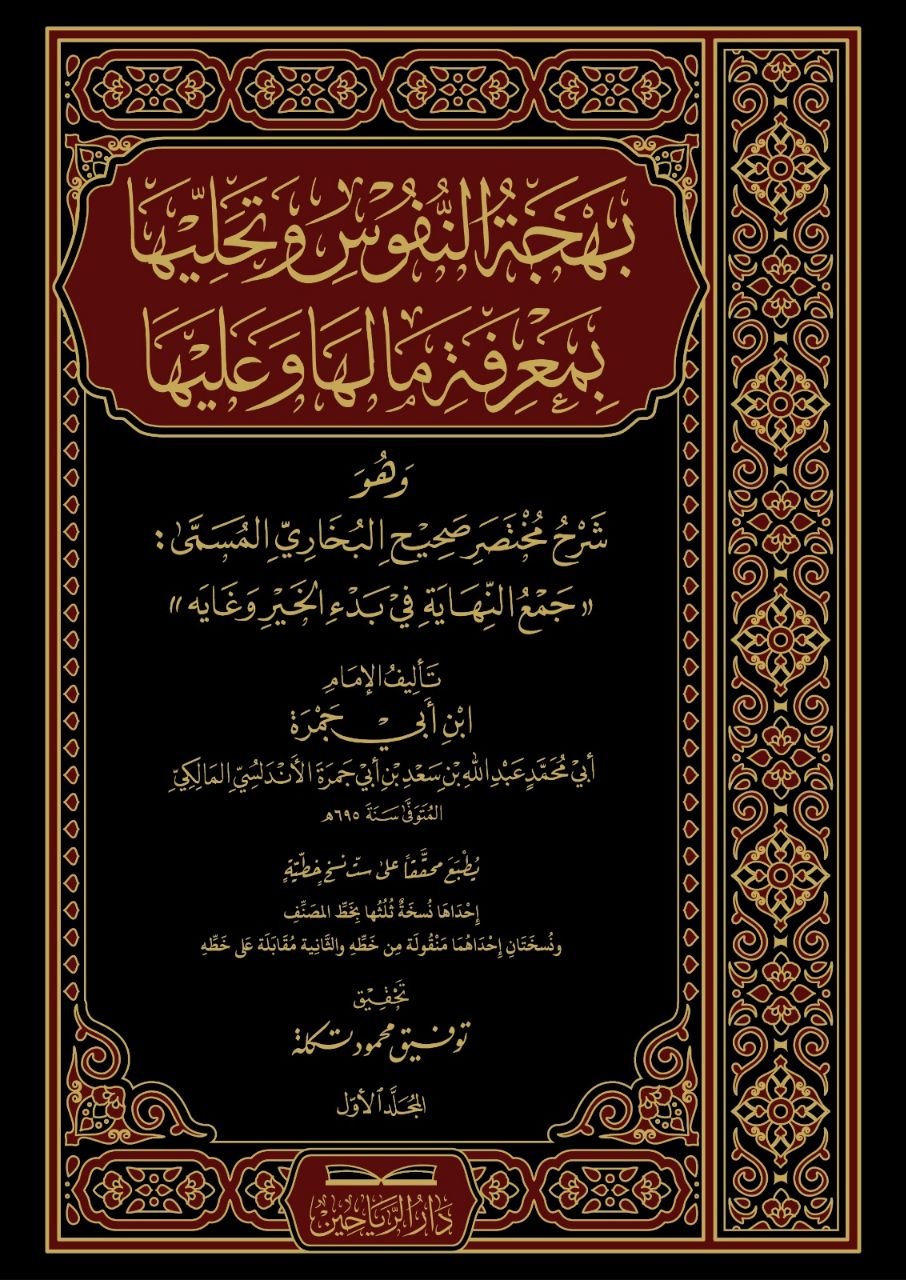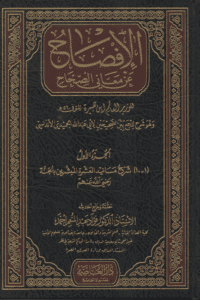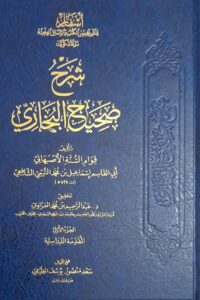بهجة النفوس وتحليها بمعرفة مالها وعليها وهو شرح مختصر صحيح البخاري ١/٥
£115.00
Availability: In stock
A Sufi commentary of Sahih al-Bukhari
By Shaykh Ismaeel Nakhuda
It was while studying the final two years of hadith at Dar al-‘Ulum Bury in the late 1990s and early 2000s that I came across an advert in the back of an Urdu book advertising Intikhab-i-Bukhari Sharif—a Sufi commentary of Imam al-Bukhari’s Sahih.
The idea of a Sufi explanation of the most authentic and accepted collection of hadith immediately caught my attention. The advert mentioned that the Urdu was a partial translation of an Arabic commentary entitled Bahjat al-Nufus by the Maliki Andalusian hadith expert and Sufi Hafiz Ibn Abi Jamra (d.1300). What made this edition more interesting was that the translation had been carried out under the supervision and instructions of Hakim al-Ummah Mawlana Ashraf ‘Ali Thanwi (d.1943). The person asked to translate was one of Hakim al-Ummah’s leading khalifahs, Mawlana Zafar Ahmad ‘Uthmani (d.1974) who was also the khalifah of Mawlana Khalil Ahmad Saharanpuri (d.1927).
“This invaluable book on issues of traversing the Sufi path (suluk) and Tasawwuf, matters relating to manners and etiquettes, and issues of fiqh derived from the noble hadith has enjoyed the focus of Sufi scholars and pious individuals in each era by consensus. This is a matchless commentary on selected hadiths of Sahih al-Bukhari,” the advert mentioned.
I was hooked and began searching high and low for this book, but with little luck. It was only years later in 2007, while attending one of Shaykh Mawlana ‘Abdul Hafiz Makki’s (d.2017) i‘tikaf programmes in Faisalabad, Pakistan, that I discovered a copy at Maktabah-i-Kashmir. This was a bookstore that no longer exists but at the time was run by Mawlana ‘Abdul Hafiz’s relatives and located in the city’s Chiniot Bazar, close to Faisalabad’s famous British-era Clock Tower (ghanta ghar). In this way, I became the proud owner of this treasure of a book, and that also an old handwritten copy (not one of the modern typed ones) published in 1980 by Lahore’s Idara-i-Islamiyyat.
The story of Intikhab-i-Bukhari Sharif really begins with the Hafiz of Hadith Ibn Abi Jamra, a hadith expert and Sufi who was a descendant of the Companion Sa‘d bin ‘Ubada al-Ansari (may Allah be pleased with him). Born in Murcia, Spain, his full name was Abu Muhammad ‘Abdullah ibn Sa‘d ibn Sa‘id ibn Abi Jamra al-Azdi al-Andalusi. The great polymath Imam Jalal al-Din al-Suyuti (d.1505) mentions Hafiz Ibn Abi Jamra in his book Husn al-Muhadarah fi Akhbari Misr wa al-Qahirah (Excellent Lectures on the History of Egypt and Cairo) in a section regarding the ascetics, Sufis and pious who resided in Egypt. Hafiz Ibn Kathir (d.1373) described him as someone who spoke the truth and commanded righteousness and forbade wrong.
Shaykh Ahmad Baba al-Timbukti (d.1627) also includes Hafiz Ibn Abi Jamra in Nayl al-Ibtihaj bi Tatriz al-Dibaj (a compendium of biographies of Maliki scholars in Andalusia, and North and West Africa down to the end of the 16th century). In there he is described as the friend of Allah (wali), the exemplar (qudwah), the knower of Allah (‘arif billah), the ascetic (zahid), the pious (salih), the imam, the most knowledgeable (‘allamah), and the famous reciter (al-muqri al-mashhur). He also quotes Hafiz Ibn Abi Jamra having once said that he never disobeyed Allah even once, something indicative of his deep sense of spirituality and consciousness of Allah.
https://www.basair.net/a-sufi-commentary-of-sahih-al-bukhari/
| Weight | 5 kg |
|---|










Reviews
There are no reviews yet.